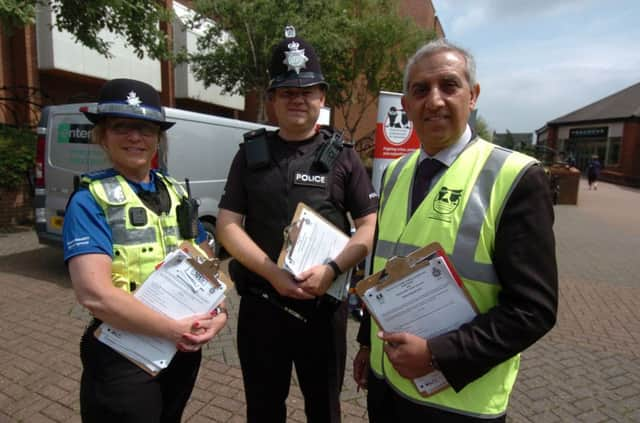Faster pick up for 999


Derbyshire Police and Crime Commissioner Hardyal Dhindsa has welcomed reports from the force’s call handling operation that 999 and non-emergency 101 calls are now being answered faster. But he wants to see further progress in the next few months.
The commissioner, who in March had called for an urgent action plan to speed up call handling, said: “I have been taking a very close look at this situation and am pleased to see the efforts made to improve the quality of callers’ experience.
Advertisement
Hide AdAdvertisement
Hide Ad“This includes messages given to callers about online contact options, call back requests and information on their position in the queue.
“We all know the frustrations of being put ‘on hold’ when phoning services and other organisations, but these can be all the more upsetting when waiting to report a crime or seeking information and advice about a safety matter.
“Our police provide an important service and do their very best to meet demand. This demand so often starts with a crucial phone call so good communications are clearly vital, with efficient and effective call handling an absolute must.”
The commissioner’s strategic governance board were told how changes aimed at meeting demand better included improved call handler shifts and the new command and control system.
Advertisement
Hide AdAdvertisement
Hide AdSpeaking after the meeting, Mr Dhindsa commented: “I believe that everything is dependent on the numbers of people available to deal with demand so I hope that by October - when new call handlers should have been trained and in place - we will see the real results of the investments made. At that point, I should be able to judge whether increased investment is required yet again.”
Latest figures presented to the Board showed that performance in all areas had improved, with between 93% and 96% of 999 calls answered within 15 seconds. There had also been three successive months of improvement for non-emergency calls.
But the commissioner was also told that there were further improvements to be made in “this complex business” and still a number of challenges to be overcome, though technology issues have now stabilised.
Since the last report, 18 new members of staff have joined the force operations room and are in the early stages of their training. A further 20 recruits are planned for October.